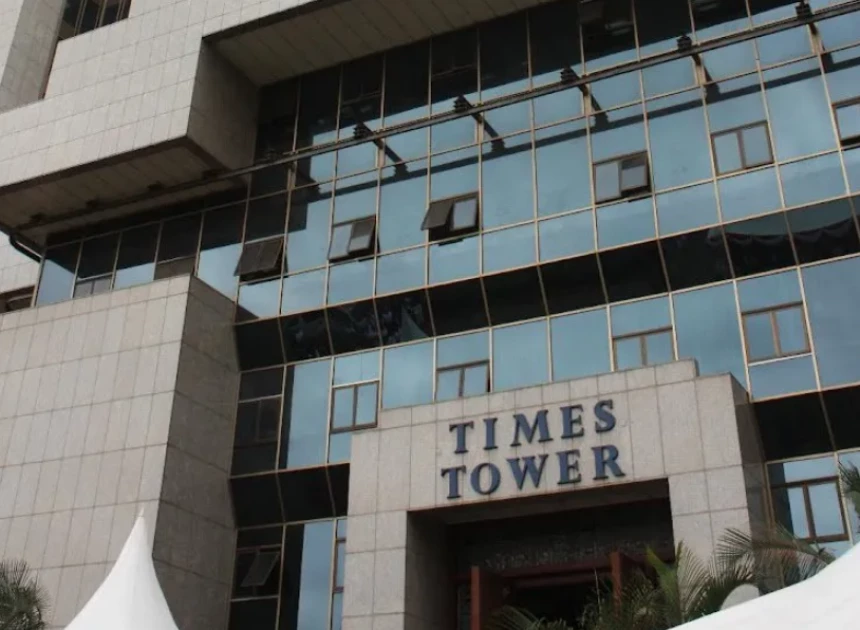KRA seeks to track crypto transactions real-time with new tax system

File image of KRA headquarters at Times Tower in Nairobi.

Audio By Vocalize
The Kenya Revenue Authority (KRA) seeks to
introduce a new tax system integrating real-time cryptocurrency transaction
monitoring.
This is part of the tax authority’s bid to
tap into – and catch tax cheats and criminals in – Kenya's crypto sector it has
otherwise not paid much attention to.
Cryptocurrency is a type
of digital currency secured by cryptography which exists on decentralized
networks using blockchain technology.
This is to
make it hard to counterfeit or double-spend the currency. An example is Bitcoin, the world’s
first and biggest cryptocurrency launched in 2009.
Cryptocurrencies are mostly not issued by any central authority and are therefore free from government
interference or manipulation.
And while crypto and digital currency broadly
are still not mainstream in Kenya compared to other disruptive digital
financial services like, say, mobile money, KRA paints huge potential for the
sector, which has an estimated four million users, according to UNCTAD figures.
KRA estimates that Kenya’s crypto market transacted about Ksh.2.4 trillion
between 2021 and 2022, which is close to a fifth of the country’s gross
domestic product (GDP).
“Though the sector remains unregulated by
reporting authorities like the Central Bank of Kenya and the Capital Markets
Authority, the earnings from the sector are legally taxable as per Section 3 of
the Income Tax Act. The lack of a robust system to collect taxes on
cryptocurrency transactions has resulted in a significant loss of revenue for
the government,” the tax authority says.
It adds that the new system will integrate
with crypto exchanges and marketplaces to track and record transaction details
like date, time, type and value.
Crypto has mostly been used to preserve savings,
pay for goods and services internationally, and make remittances.
Unlike banks and credit card companies which
verify transactions, using cryptocurrencies is seen as an easier way of transferring
funds directly between two parties globally.
Additionally, one does not need to buy euros
or dollars or pay to use cross-border money transfer services like Western
Union.
However, due to the decentralised nature of
cryptocurrencies, the sector has been exploited for illegal activities like theft,
fraud and money laundering.
Additionally, cryptocurrency prices are very volatile and investments
require accurate price monitoring.
Bitcoin prices, for
instance, rose to nearly $65,000 in November 2021 before dropping below $20,000
at the start of 2023. Bitcoin has since gone up at press time Wednesday, the
currency was just over $60,000 (about Ksh.7.8 million).
In Kenya, a new bill introduced in
Parliament last year seeks to introduce taxation on cryptocurrency transactions
and digital wallets.
The Capital Markets (Amendment) Bill, 2023 by Mosop MP Abraham Kirwa seeks to amend the Capital Markets Act, Cap. 485A to include a digital currency within the definition of securities, which, if passed, will give KRA capital gain tax on exchanges and excise duty on transactions.
($1 = Ksh.129.20)


Leave a Comment